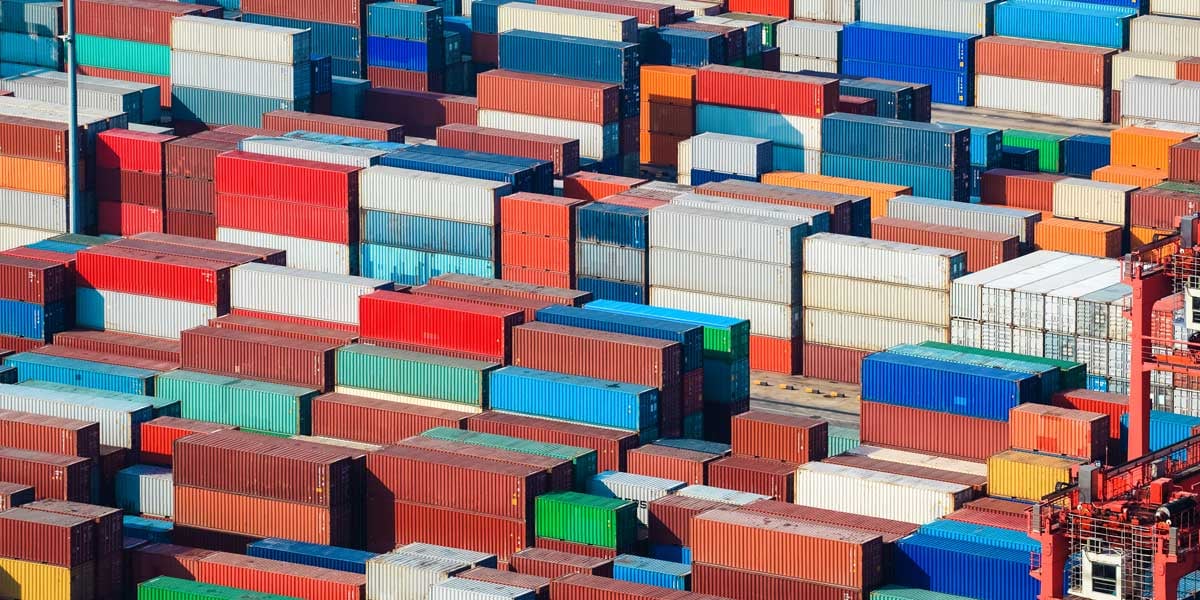
Freight damage and loss is an eventuality if you are in the logistics industry. The question is “how do I mitigate my potential losses when an issue arises during transit?” It is important to understand the difference between freight insurance and carrier liability limits to best answer this question. Because even though they may seem similar in nature, they are quite different in reality and in how they affect your bottom line.
What is Freight Insurance?
As mentioned in our previous blog post, “Three (OK, Four) Largest Mistakes Shippers Make That Cost Money,” freight insurance protects your shipment if it is stolen, damaged in an accident or damaged in a natural disaster, among other unfortunate circumstances.
Freight insurance, also called cargo insurance or Goods in transit insurance, is purchased from a third-party, costing a percentage of your total freight shipment (based on the declared value of Goods shipped). It protects you and your customers when damage or loss occurs while in transit, which makes it an invaluable investment. In the unfortunate event that your freight is damaged or lost in transit, you can file a claim, pay the premium based on a pre-determined contract and be compensated by those terms.
What is Carrier Liability?
Unlike freight insurance where you pay a fee to cover you in the event of a damaged shipment, carrier liability limits show the maximum amount a carrier is liable to pay out when damage occurs. Liability limits can cover the full value of the loss but they could also only cover a percentage of the value lost".
There is another catch to carrier liability and their limits: “When claims are filed, shippers can endure long battles just to see their claims denied or only partially honored,” according to an article in FreightWaves.
Carrier liability limits are not considered insurance and should be treated as only supplementary protection. There are many exclusions based on types of cargo, as well as challenges in getting claims covered for Acts of God, Acts of war, Omission of the shipper and more.
What is the Best Choice?
“Roughly 92% of shippers experience some kind of damage, delay or loss event each year,” the article also stated. So, it is important to know these distinctions in order to best protect yourself and your customer from costly fees and headaches associated with not purchasing freight insurance. Now is the time to change the way you protect your freight shipments by better mitigating risk through freight insurance.
Contact a Jarrett professional to learn more about the ins and outs of protecting your freight shipments by visiting https://www.gojarrett.com/logistics.